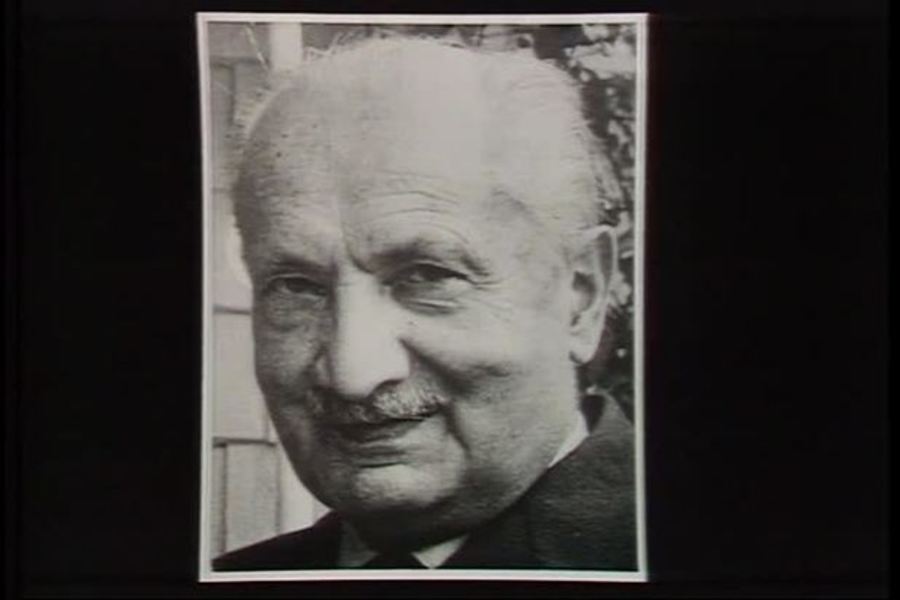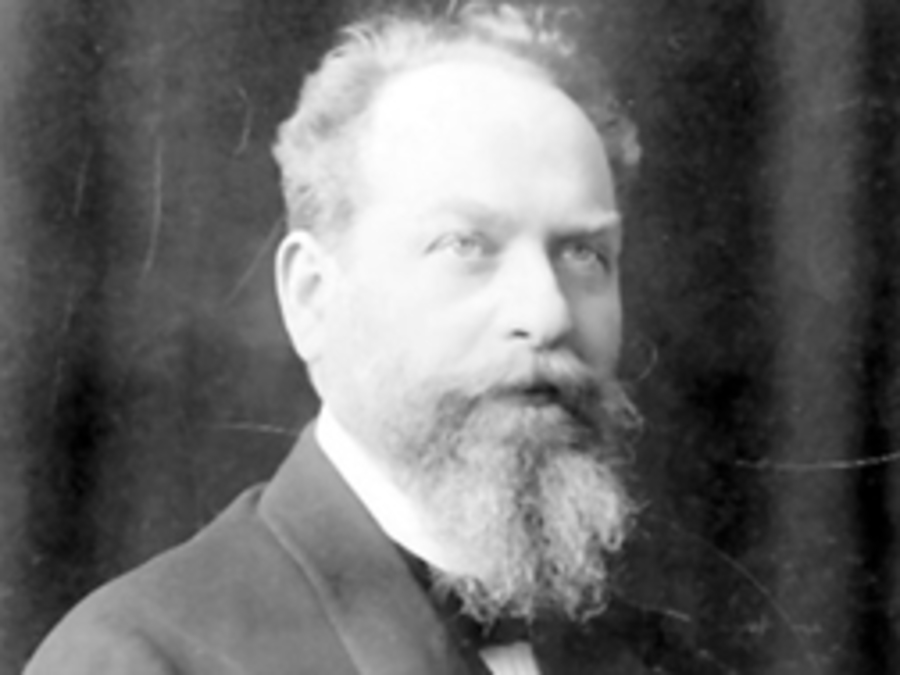Definition of Existentialism
-
Existentialism: Internet Encyclopedia of PhilosophyThe purpose of the IEP is to provide detailed, scholarly, peer-reviewed information on key topics and philosophers in all areas of academic philosophy. The Encyclopedia’s articles are written with the intention that most of the article can be understood by advanced undergraduates majoring in philosophy and by other scholars who are not working in the field covered by that article. The IEP articles are written by experts but not for experts in analogy to the way the Scientific American magazine is written by scientific experts but not primarily for scientific experts.
On the Shelf at CCBC Libraries
-
SØREN KIERKEGAARD by
Call Number: B4376 .H363 2018 -
Existentialism by
Call Number: B819 .A4 2014 -
Existentialism: A Beginner's Guide by
Call Number: B819 .W375 2013 -
Introducing Existentialism by
Call Number: B819 .A67 2013 -
Reading Sartre by
Call Number: B2430.S34 R43 2011 -
Existentialism from Dostoevsky to Sartre by
Call Number: B819 .E87 2004
Professional Associations
-
Society for Existential Analysis
 Professional society based in the United Kingdom devoted to educating the public on the use and application of Existential Analysis as well as encouraging research into Existential Analysis.
Professional society based in the United Kingdom devoted to educating the public on the use and application of Existential Analysis as well as encouraging research into Existential Analysis.
Films at CCBC Libraries
-
Heidegger and Modern Existentialism In this program, world-renowned author and professor Bryan Magee and William Barret of New York University examine the basic theory of existentialism as founded by Martin Heidegger, and later propagated by Jean-Paul Sartre. Barret discusses Heidegger’s notions of being, existence as task, cosmic roots, and alienation. Sartre’s concept of absolute human freedom is discussed as having promoted human dignity and individualism in the impersonal modern society.
-
Husserl, Heidegger, and Modern Existentialism In contrast to empiricist and rationalist traditions, existentialism proposes an orderless world, vaguely hostile, where people choose their character and goals, have an obligation only to be "authentic," and may only observe the truth (reality) in moments of anxiety. In this program, world-renowned author and professor Bryan Magee and University of California, Berkeley, philosopher Herbert Dreyfus trace the roots of existentialism from Edmund Husserl’s School of Phenomenology, to his pupil Martin Heidegger’s theories of das Sein, the threefold structure of activity, authenticity, and nihilism. Dreyfus relates the philosophies of both men to present-day schools of thought.
Library Databases
-
Academic Search Premier This link opens in a new window

Articles on any subject. This is a good place to start.
-
Arts & Humanities Database

Articles on arts including visual arts, architecture, design, music, literature, and theatre,
and humanities including history, philosophy, and cultural studies. -
Humanities International Complete This link opens in a new window

Articles and ebooks about humanities topics like arts, history, language, law, literature, philosophy, and politics.
-
JSTOR This link opens in a new window

Journals, books, images, and primary sources about many subjects.
-
Opposing Viewpoints This link opens in a new window

Viewpoint essays, topic essays, and news and magazine articles on controversial issues. Browse for topics or search.
-
Social Science Database

Articles on social science topics like communication, criminology, economics, education, political science, psychology, social work, and sociology.
Online From CCBC LIbraries
-
Hannah Arendt by
Publication Date: 2011-10-04 -
 Existentialism
by
Publication Date: 2007
Existentialism
by
Publication Date: 2007 -
Existentialism by
Publication Date: 2006 -
The Philosophy of Simone de Beauvoir by
Publication Date: 2006-06-15


